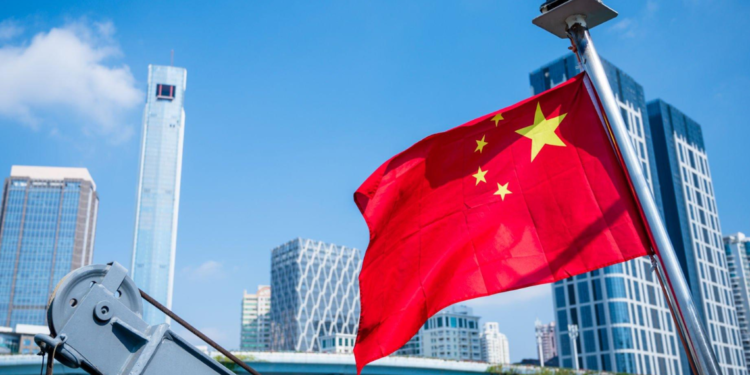Introduction
In recent years, a social phenomenon has taken hold in China that has captured the attention of the world. Known as Duonao, this phenomenon refers to the online gaming culture that has become a huge part of Chinese society. With millions of people engaging in online gaming, Duonao has become a key aspect of Chinese culture, shaping the way people interact and socialize in the country.
The Rise of Duonao
The history of online gaming in China dates back to the early 2000s when internet cafes started popping up across the country. At that time, games like StarCraft and Counter-Strike were popular among Chinese gamers. However, it wasn’t until the advent of multiplayer online games like World of Warcraft and League of Legends that the online gaming culture really took off.
There are several factors behind the popularity of Duonao in China. Firstly, the rise of the middle class has made it easier for more people to afford gaming equipment and internet access. Secondly, the increasing prevalence of smartphones has made it easier for people to play games on the go. Lastly, the social nature of online gaming has made it a popular way for people to connect and make friends.
The Impact of Duonao
The impact of Duonao on Chinese society has been significant. On one hand, it has brought people together and created a sense of community among gamers. On the other hand, it has also led to concerns about addiction and its impact on mental health. Some studies have suggested that excessive gaming can lead to depression, anxiety, and poor academic performance.
From an economic perspective, Duonao has been a major driver of growth in the gaming industry in China. With more than 600 million gamers in China, the gaming industry is now worth billions of dollars, and companies like Tencent and NetEase have become global leaders in the gaming market.
The Future of Duonao
Looking ahead, it is clear that Duonao will continue to be a significant part of Chinese culture. With the rise of mobile gaming, it is likely that even more people will get involved in online gaming in the years to come. However, there are also challenges ahead. The Chinese government has been cracking down on online gaming in recent years, citing concerns about addiction and its impact on children. This has led to restrictions on gaming time for minors and other measures aimed at curbing excessive gaming.
Despite these challenges, there is also the potential for Duonao to spread beyond China. As the world becomes more connected, it is possible that online gaming culture will become more globalized, with gamers from different countries connecting and playing together.
Final Thought
Duonao has become a significant part of Chinese culture, with millions of millions of people engaging in online gaming and forming communities around their favourite games. While there are concerns about addiction and mental health, the economic and social benefits of Duonao cannot be denied. Looking ahead, it will be interesting to see how Duonao evolves and whether it will continue to be a unique aspect of Chinese culture or whether it will become more globalized in the years to come.
FAQs
What does the term “Duonao” mean?
Duonao is a Chinese term that refers to the online gaming culture that has become a key aspect of Chinese society.
Why has Duonao become so popular in China?
There are several factors behind the popularity of Duonao in China, including the rise of the middle class, the increasing prevalence of smartphones, and the social nature of online gaming.
What impact has Duonao had on Chinese society?
Duonao has brought people together and created a sense of community among gamers, but it has also led to concerns about addiction and its impact on mental health.
What is the economic impact of Duonao in China?
Duonao has been a major driver of growth in the gaming industry in China, which is now worth billions of dollars.
What is the future of Duonao?
While the future of Duonao is uncertain, it is likely to continue to be a significant part of Chinese culture, and there is also the potential for it to become more globalized in the years to come.



